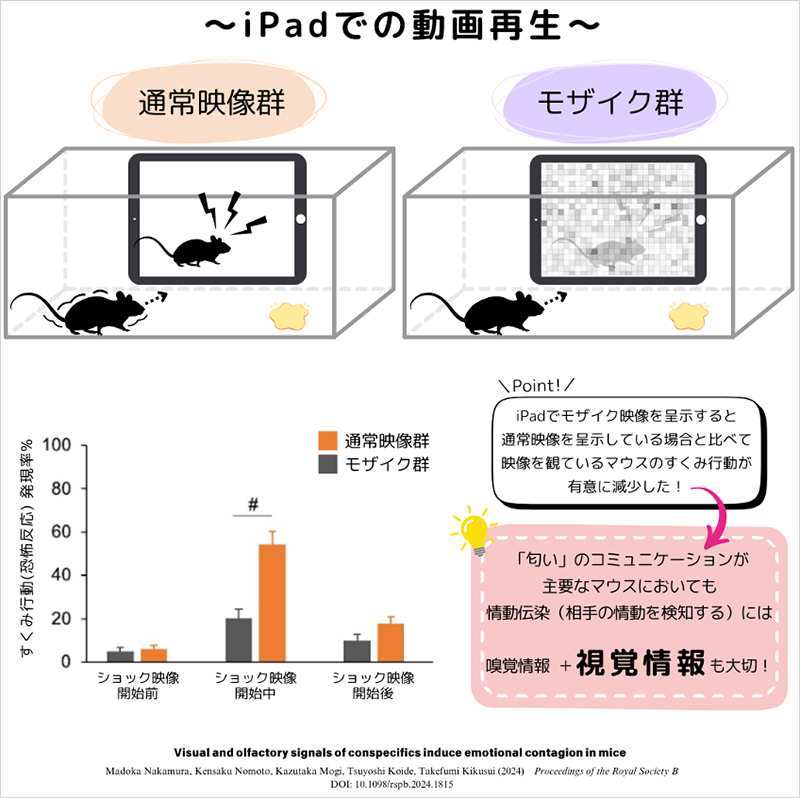2024-12-09 ペンシルベニア州立大学(PennState)
<関連情報>
- https://www.psu.edu/news/health-and-human-development/story/could-good-nights-sleep-help-protect-people-becoming-frail
- https://academic.oup.com/sleep/article/47/Supplement_1/A98/7654100
インドの高齢者における睡眠の質、睡眠時間と身体的虚弱の関連性 Association Between Sleep Quality and Sleep Duration and Physical Frailty Among Older Adults in India
Muhammad Thalil, Soomi Lee, Manacy Pai
Sleep Published::20 April 2024
DOI:https://doi.org/10.1093/sleep/zsae067.0227
Abstract
Introduction
Considering the significant growth in India’s aging population, it is imperative to identify risk factors associated with frailty among older Indians. However, there is limited studies that assessed the linkage between sleep and frailty in this population and it is focused on sleep disorder. The purpose of this study was to examine the association between sleep quality, sleep duration, and physical frailty among older Indian adults.
Methods
Data come from the World Health Organization’s Study on global AGEing and adult health (WHO-SAGE), India wave-2 (2013-14). The sample size comprised 6,512 older adults aged 50 years and above. Pre-frailty and frailty were assessed using the modified version of the frailty phenotype proposed by Fried and colleagues. Sleep was assessed by self-reported quality and duration. Multinomial logistic regression analysis was employed to examine the associations of sleep quality and duration with pre-frailty and frailty.
Results
A total of 66.7%, and 25.3% of older adults in our sample were pre-frail and frail, respectively. A higher prevalence of frailty was found among those with poor sleep quality (44.8%) and with short sleep duration (< 7 hours/night; 32.2%). Relative to peers with good sleep quality, the odds of frailty were significantly higher among older adults with poor sleep quality [AOR: 2.79; CI: 1.37–5.66]. And, notably, compared to those who enjoyed the recommended age-appropriate amount of sleep (7-8 hours), older adults with long sleep duration (≥ 9 hours) reported a significantly lower likelihood of both, pre-frailty [AOR: 0.73; CI: 0.57-0.93] and frailty [AOR: 0.68; CI: 0.51-0.91].
Conclusion
Our study found both sleep quality and quantity to be associated with pre-frailty and frailty among older Indians. Poor sleep quality may increase risk for frailty, yet long sleep duration may be a protective factor independent of the quality of sleep.
Support (if any)



